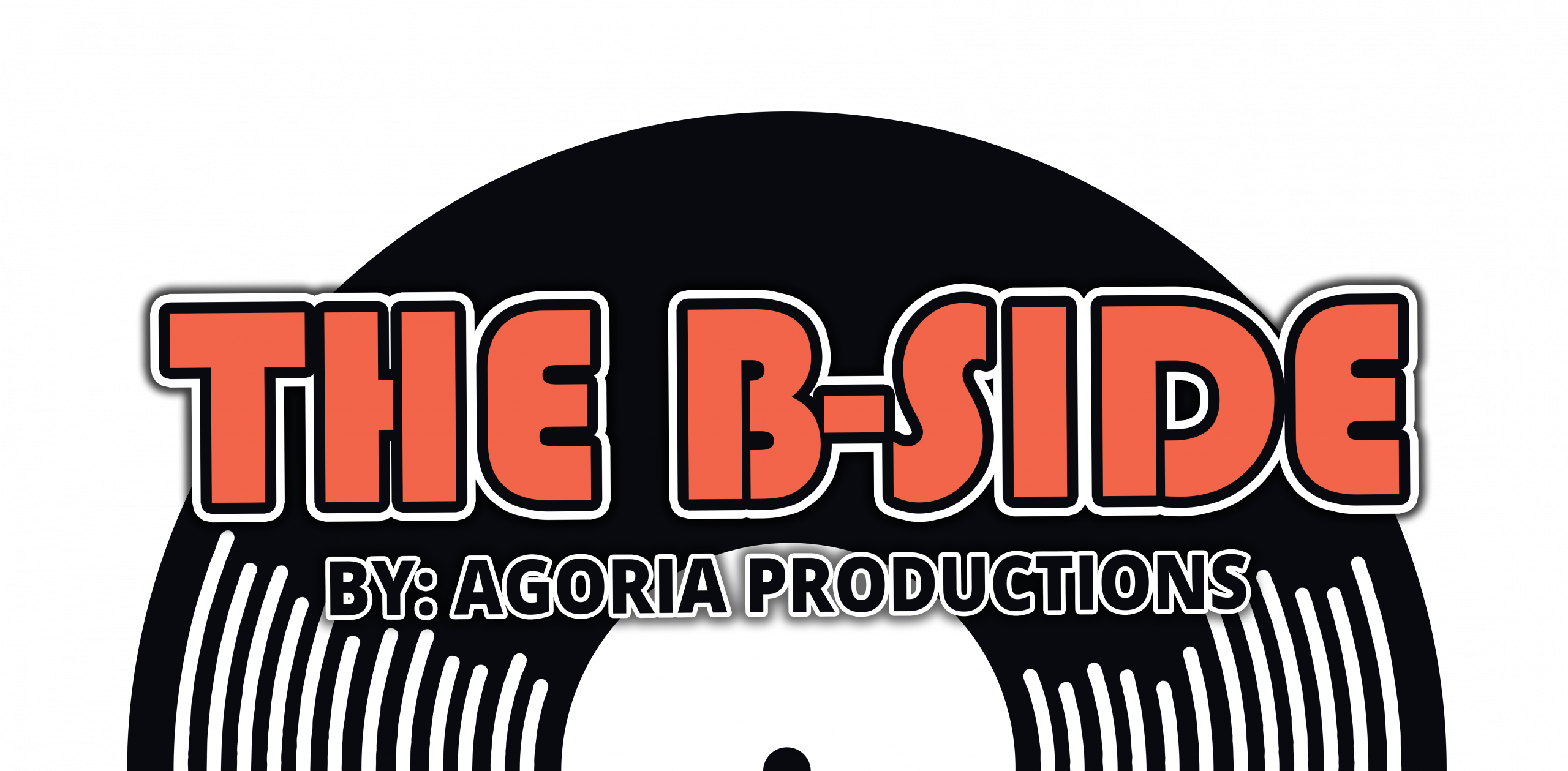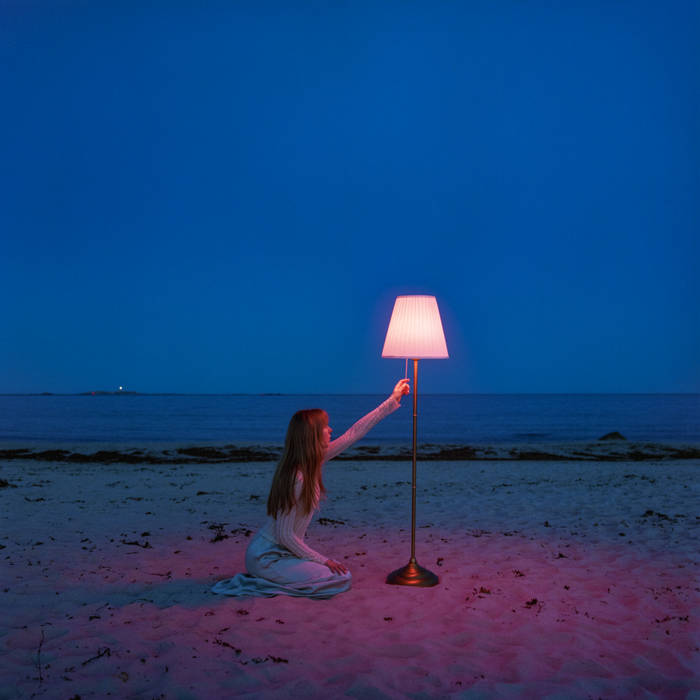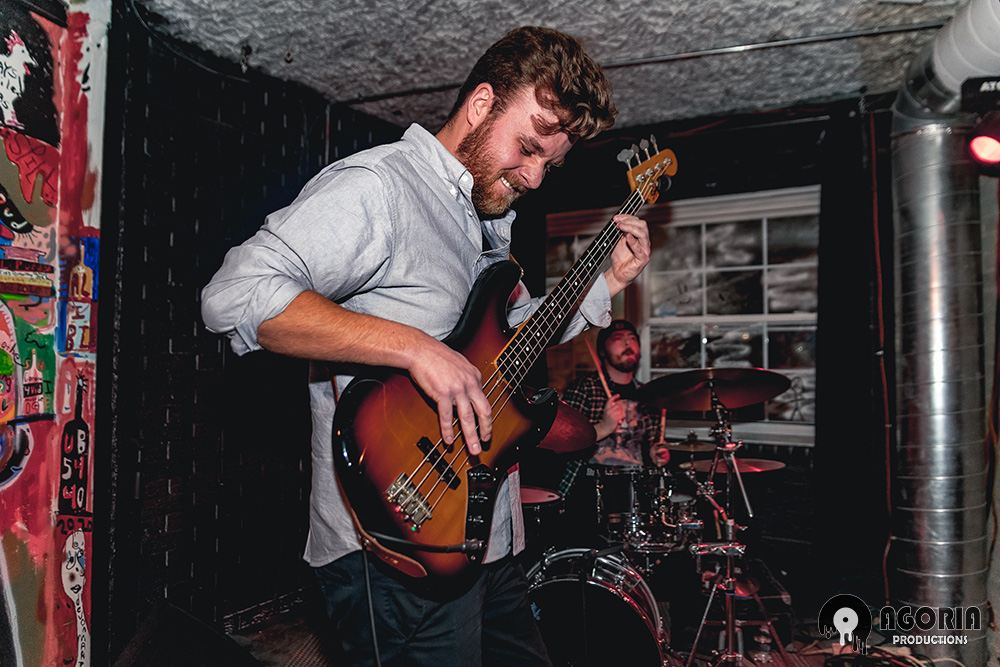With lush soundscapes and intimate storytelling, this EP immerses listeners in a world of reflection and renewal.
Andrea Cormier’s self-titled EP offers an enchanting blend of classic folk and dream pop, proving her place as an emerging voice in Canada’s indie music scene. Released on October 18, the project builds on the dream-like vocals and introspective storytelling showcased in her debut album, Creatures of Illusion. Cormier’s latest work amplifies her sound with a full band, navigating themes of self-discovery, longing and identity. The acoustic riffs drift like whispers, while the swelling synths rise and fall like distant waves. Layered with bilingual lyrics that feel both personal and universal, the EP leaves an imprint, as if the songs are gently humming long after they’ve ended.
Dream-pop and similar soundscape-driven genres have surged in popularity as listeners seek refuge in their immersive, ethereal tones. In a world shaped by social upheaval and economic pressures, this music offers a sanctuary—inviting reflection, healing and a brief escape from daily chaos.
Opening with “Later Hour,” the EP sets an evocative tone with its flowing, resonant soundscapes. The simple yet striking instrumentation, including soft acoustic guitar and a gentle rhythm, allows Cormier’s delicate vocals to take center stage. The song captures the stillness and introspection of late-night reflections, establishing a sense of quiet vulnerability that threads throughout the work.
The second track “The Pull,” shifts the rhythmic momentum, driven by a steady bass drum that adds subtle intensity. Melodic acoustic guitar riffs complement Cormier’s reflective vocals, however her voice is somewhat understated. With lines like “I feel only what’s gone,” Cormier captures the bittersweet nature of change, where the loss of what once was becomes both a source of pain and a marker of personal growth. The song balances urgency with introspection, inviting the listener into its meditative exploration of persistence and emotional weight.
With lyrics slipping between French and English, “Un Miroir,” feels like opening a window to Cormier’s world—her New Brunswick roots breathing through every line, grounding the ethereal soundscapes with a sense of home. The track’s minor key and darker tones contrast with the preceding songs, offering an emotional depth gentle in its delivery. The interplay of languages adds texture, as the reflective lyrics delve into themes of duality and self-perception, mirroring the song’s title (“A Mirror”).
On “Auspice,” Cormier continues exploration in a minor key, contrasting repetitions on bass and strings. The track builds tension masterfully, peaking with high vocal runs that glide above the mellow instrumental. The bridge introduces a dynamic break, pulling the listener into a cinematic narrative journey as she confronts growth and change through lines discussing “the first signs of spring,” evoking a sense of renewal. Cormier’s ability to balance tension and release shines, crafting a piece that is both intricate and accessible.
Cormier’s blending of folk sensibilities with dream-pop elements situates her within a growing movement of artists using atmospheric soundscapes to explore themes of identity, authenticity, belonging and emotional resilience. In an era where music often serves as both escape and catharsis, her EP feels particularly timely. Tracks like “Un Miroir,” and “Auspice,” demonstrate her ability to balance vulnerability with a sense of artistic control, crafting songs that invite introspection without losing their melodic appeal.
The EP’s closing track “I Can’t See You,” is a quiet breath at the end of a long journey, stripping away all the layers and leaving only raw emotion. The sparse acoustic guitar and simple drum patterns, punctuated by occasional synth flourishes, allow Cormier’s voice and lyrics to take center stage. A reflection on self and closure, the song ties the EP together thematically and musically, leaving listeners with a sense of quiet resolution.
The ability to weave a cohesive sonic and lyrical narrative is a key strength of this work. The sparse instrumentation feels like a canvas, letting Cormier’s airy, gossamer vocals paint delicate strokes of introspection across the EP, leading the listener through her quiet, reflective world. An atmosphere of longing and questioning established from track to track offers itself to listeners navigating their own complexities. While the EP maintains a consistent tone and atmosphere, a bit more variation in texture or instrumentation could add depth and keep the sound from feeling repetitive and monolithic, especially on longer future projects.
Andrea Cormier is a triumph of subtlety and emotion. It reflects an artist unafraid to embrace both her roots and the experimental possibilities of genre-blending. By the end of the EP, it’s clear that Cormier has arrived at a new sonic shore, one that is as intimate as it is expansive. Her work marks not just a personal journey but a broader cultural moment, where music becomes a mirror for the complexities of identity and self-discovery.
9/10
Nalyn Tindall for The B-Side




